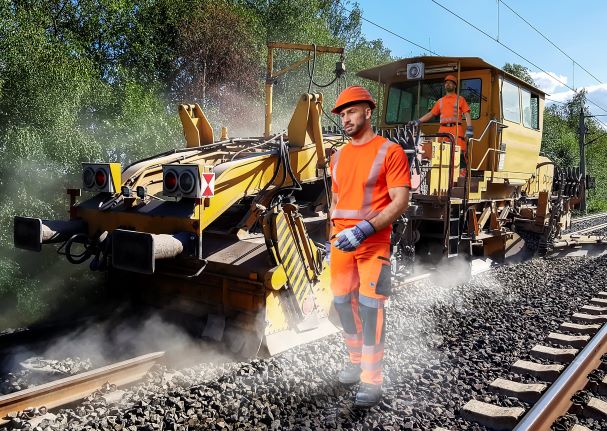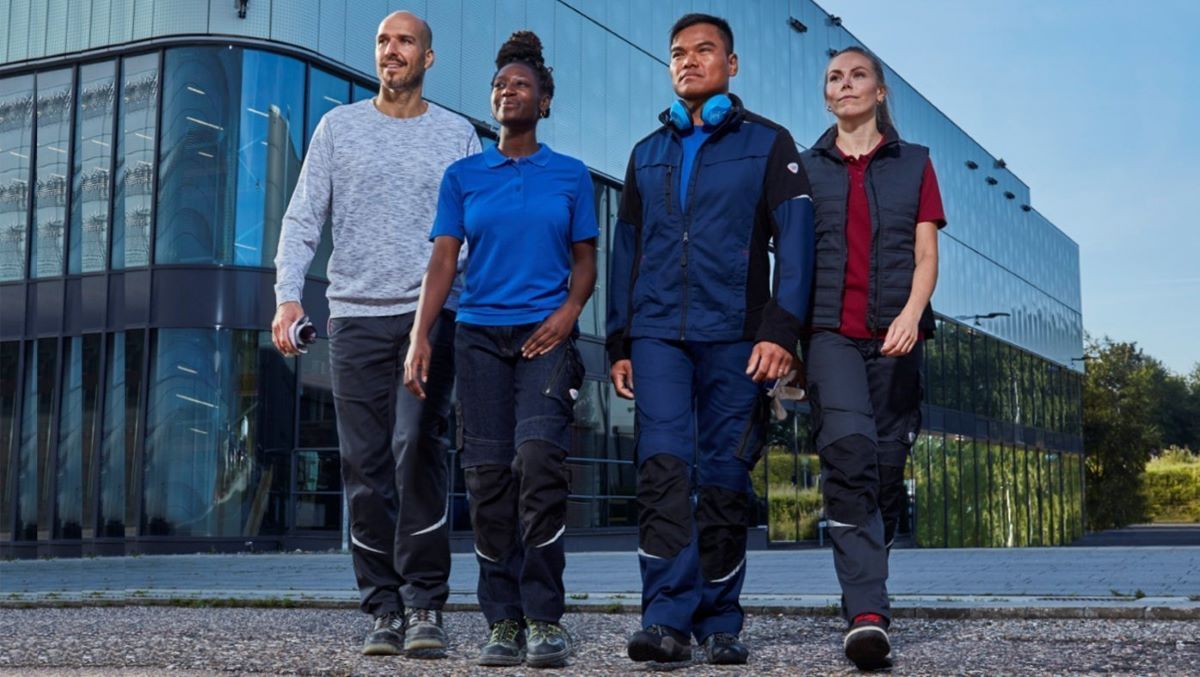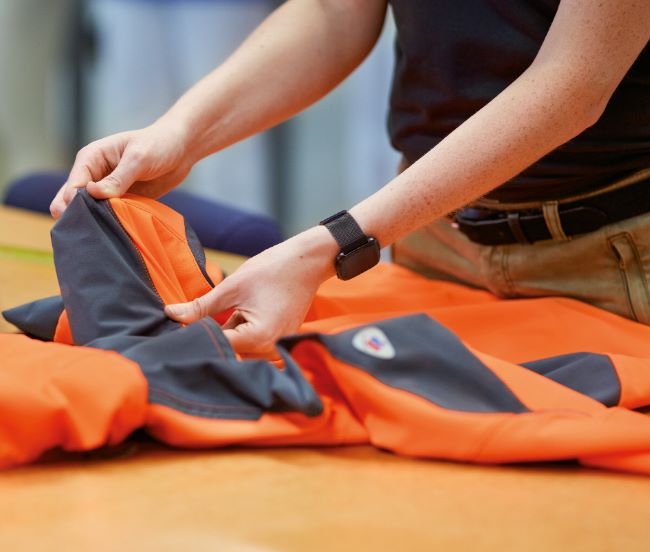
Workwear in Textile Leasing
How can I best obtain workwear for my company?
In this blog, we delve into the various options companies have when it comes to procuring and maintaining workwear. The management of workwear varies widely in the professional world. Primarily, three approaches are employed:
- Companies directly purchase workwear from manufacturers or specialized retailers and independently handle the laundering and provision of workwear for employees. In certain industries, employees also launder their own workwear.
- Companies purchase workwear from a technical retailer or manufacturer and separately manage maintenance and upkeep through a laundry service.
- Companies opt for the "all-inclusive package" of a textile leasing provider, thereby outsourcing all aspects of workwear management to a single entity.

The Suitable Material as the Foundation
Manufacturers also face a significant challenge in developing functional and industrial laundry-compatible PPE. The choice of material plays a crucial role here. The fabric serving as the basis for the protective function of the respective PPE must prove its industrial laundry suitability through various tests in advance, such as strength or shrinkage behavior.
All other elements used in PPE clothing, such as reflective bands, must also consist of materials suitable for industrial laundry. Nowadays, PPE must not only fulfill its protective functions and meet the standards of industrial laundry but must also satisfy the individual requirements of consumers.
And rightly so, the demands of wearers have increased. The models are scrutinized much more critically today, especially in terms of comfort. The clothing should not be overly loose yet not restrict movement. Preventing quick sweating and promoting a comfortable feeling on the skin are important. Additionally, visually appealing clothing increases the acceptance of wearers. A uniformly attractive appearance of the workforce also has a positive impact on the corporate image.
Workwear Management










